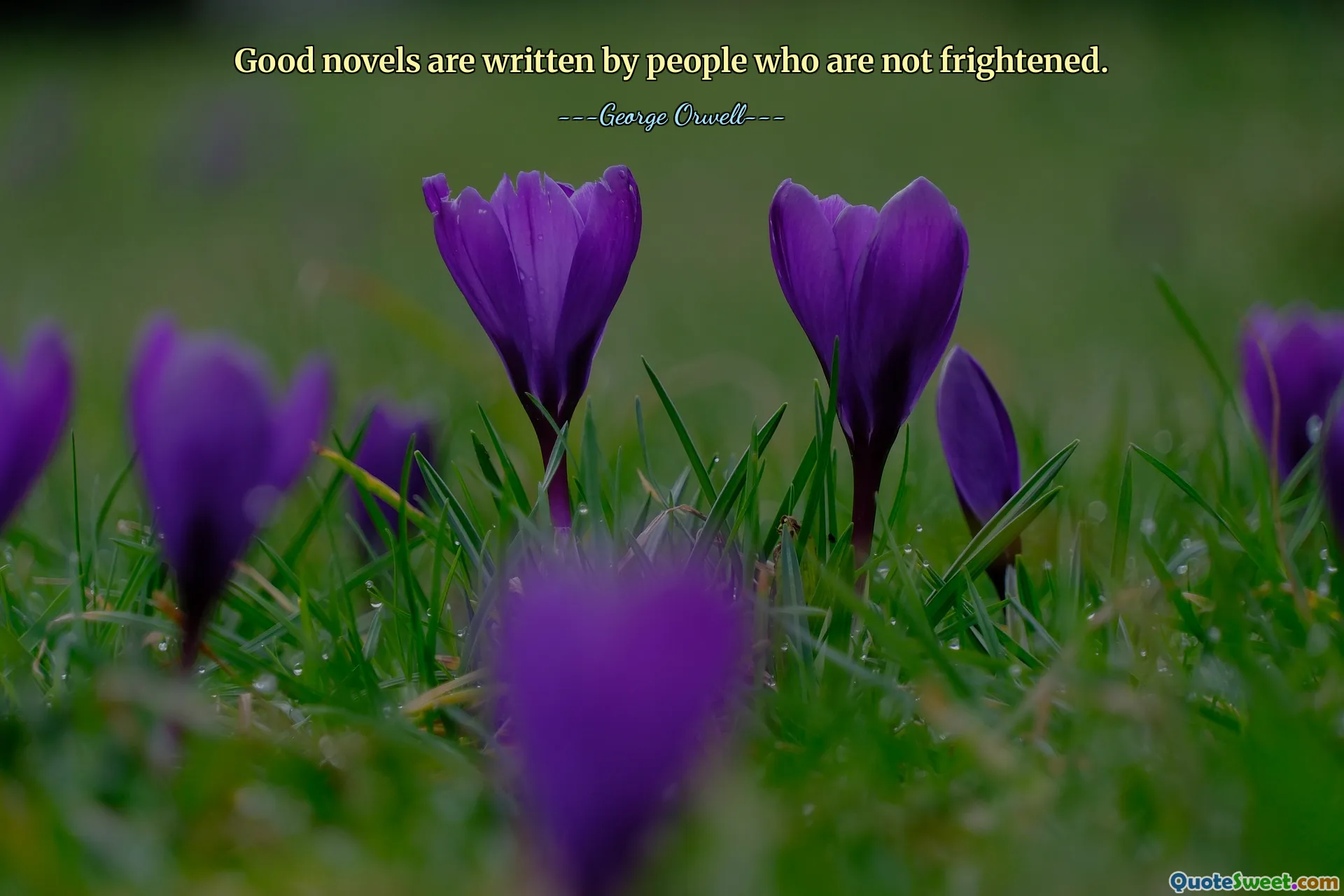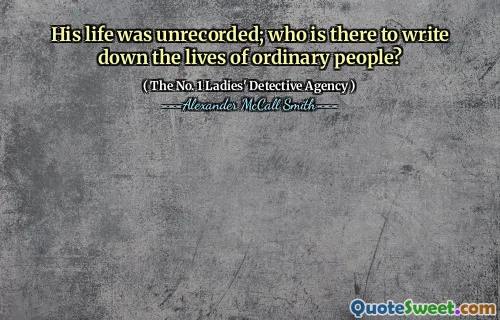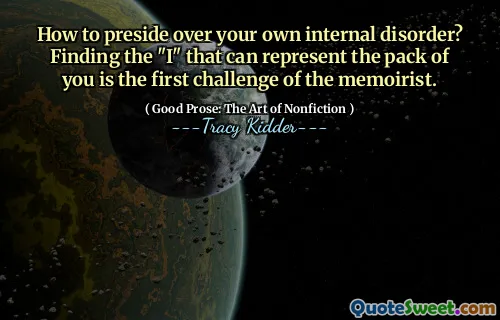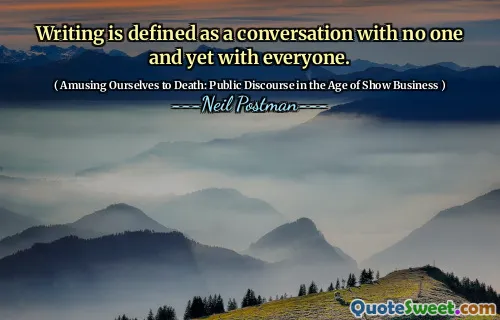
Good novels are written by people who are not frightened.
This quote by George Orwell sheds light on the profound connection between courage and creativity in literature. Writing a novel that resonates deeply with readers requires a fearless exploration of truth, human nature, and often, controversial ideas. Fear can be a paralyzing force that limits expression and constrains imagination. When authors allow fear to dictate their choices, their narratives risk becoming superficial or safe, lacking the raw honesty that can evoke thought and emotion.
Orwell’s assertion reminds us that great writers must embrace vulnerability and uncertainty. Tackling complex issues or when dissecting societal norms, being unafraid means inviting readers into uncharted waters—challenging their perceptions and provoking self-reflection. It is this bravery that often results in stories with lasting impact, stories that push culture forward.
Furthermore, fearlessness in writing is not about rashness but about embracing authenticity. The creative process demands a willingness to confront one's convictions, experiences, and the potential backlash of unpopular ideas. The courage to persevere against self-doubt and external criticism ultimately enriches the artistic work.
In a broader context, Orwell’s words serve as encouragement beyond literature. In any field of creativity or innovation, fearlessness opens doors to innovation, sincerity, and originality. Truly successful endeavors often stem from embracing fear and harnessing it rather than avoiding or suppressing it. Through this lens, the quote encapsulates a universal truth about human expression and progress.











